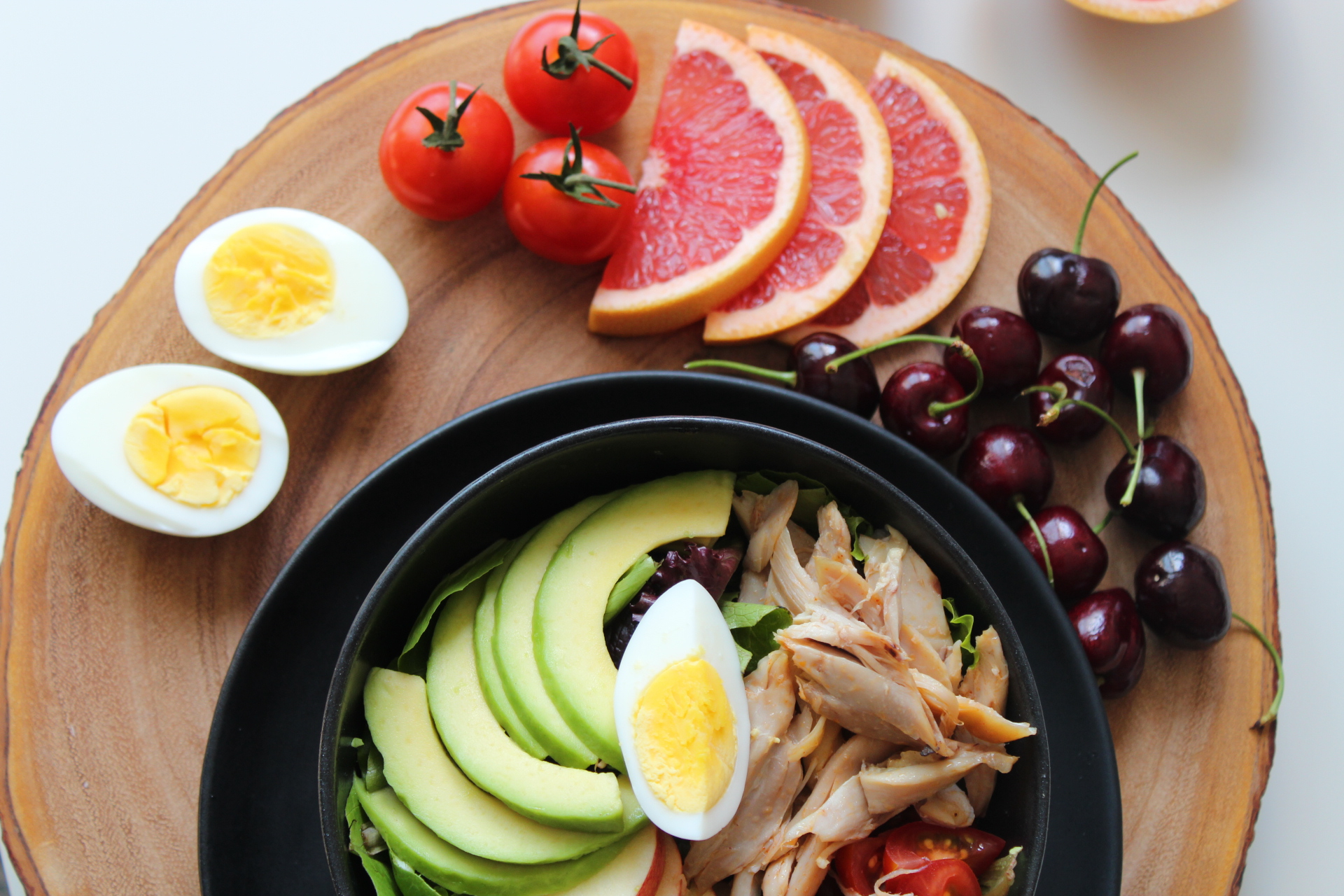
During the month of Ramadan, healthy Muslims are encouraged to fast from dawn to dusk. It is considered one of the five pillars of Islam. Fasting is said to help develop empathy for the less fortunate, and bring Muslims closer to Allah.
The situation becomes complicated when chronic illness, such as diabetes, is involved. Controlling diabetes and your blood sugar levels may involve oral medication or doses of insulin. However, going without these aids for long periods may harm your health.
A lack of diabetic control during fasting can lead to hypoglycemia or hyperglycemia. There may be too little or too much sugar in the blood.
Who should not fast?
Those who are sick or elderly are not obliged to fast during Ramadan. The following people should also avoid fasting:
- People with uncontrolled diabetes
- People with diabetic complications, or prone to developing these complications, including
- coronary disease
- kidney damage
- high blood pressure
- People prone to ketoacidosis, or too much ketones in the blood.
Can I fast with type 1 diabetes?
If you are taking insulin for your type 1 diabetes, you should continue to do so while fasting. If you do not take insulin, you may experience hyperglycemia (too much sugar in the blood) or ketoacidosis. This is a condition where high blood sugar leads to a buildup of substances called ketones in the blood. Ketoacidosis can be a serious condition that requires hospitalisation. Type 1 diabetes patients are at greater risk of ketoacidosis compared to those with type 2 diabetes.
If I am fasting with diabetes, how can I manage my health while fasting?
Here are some tips to make fasting safer and more manageable with diabetes:
Speak to your doctor before fasting
Discuss your plans with your usual doctor. They can help you decide if fasting will or will not harm your health, and adjust your treatment plan.
Do not delay breaking your fast (sahur/buka puasa)
Resume normal eating patterns as soon as you are able.
Break your fast with less carbohydrates and sugar
It can be tempting to break your fast with something sweet for quick energy. However, loading up on carbohydrate-rich or sugar-rich foods can cause your blood sugar to rise sharply.
Stay away from sweet and caffeinated drinks
Sugar will raise your blood sugar levels, and caffeine can speed up dehydration. It’s best to avoid too much of both these substances.
Eat well before and after your fast
Do not try to lessen the amount of food you take while breaking your fast and before you begin. You should ensure your body has adequate fuel to get you through your fasting hours.
Eat low-GI food before beginning the daily fast
Your sahur meal should include low-GI food. Food with a low glycemic index will help you feel full for longer, and will be consumed more slowly by the body. This will help to stabilise your blood sugar. Good foods to eat include:
- whole grains
- oatmeal
- yogurt
- sweet potato
- beans or lentils
- most fruits
- non-starchy vegetables
Eat a balanced, low-sugar and low-sodium diet
A balanced diet will help to avoid sugar spikes and crashes. To avoid becoming dehydrated, cut salt from your diet as well. This is a good practice even when you’re not fasting!
Test your blood sugar more often
It is important to make sure that your blood sugar levels remain stable to avoid drops and spikes that can harm your health. Test throughout the day, and before/after your meals.
When should I stop fasting?
If your blood sugar becomes too high or too low, you should take steps to control it. You can discuss these exact steps with your doctor, as every case of diabetes is different. These are the symptoms you should look out for
Hypoglycemia (low blood sugar)
- weakness
- shivering
- sweating
- nausea
- hunger
- blurry vision
- fatigue
- headaches
Hyperglycemia (high blood sugar)
- extreme thirst
- fatigue
- frequent urination
Ketoacidosis (a condition caused by very high blood sugar)
- excessive thirst
- frequent urination
- nausea and vomiting
- abdominal pain
- weakness or fatigue
- shortness of breath
- fruit-scented breath
- confusion
Dehydration
- extreme thirst
- dry skin and tongue
- confusion
If you face the following symptoms or conditions, you should break your fast. Seek medical attention if the complications do not pass.
Conclusion
If you are fasting with diabetes, speak to your doctor and work with them to manage your health. Careful control will help you get through this holy month with minimum complications.
References
Diabetes UK (2017) Fasting and diabetes [Accessed: 16 May 2019] Available at: https://www.diabetes.org.uk/guide-to-diabetes/enjoy-food/eating-with-diabetes/fasting
Diabetes.co.uk (2010) Diabetic Ketoacidosis (DKA) [Accessed: 16 May 2019] Available at: https://www.diabetes.co.uk/diabetes-complications/diabetic-ketoacidosis.html
Diabetes.co.uk (2011) Ramadan and Diabetes [Accessed: 16 May 2019] Available at: https://www.diabetes.co.uk/diet/ramadan-and-diabetes.html
Yong Khean (2014) Kencing Manis Pun Boleh Puasa? #HealthyRamadhan – KKM [Accessed: 16 May 2019] Available at: http://www.mmgazette.com/faulina-khamisan-puasa-diabetes/
Monira A., Radhia B., John B., Sherif H., Mohamed H., Mahmoud A. I., Faramarz I., Imad E., Oussama K., Suhail K., Abdulrazzaq A., Aly A. M., Masoud A., Abdalla N., Khaled R. (2005) Recommendations for Management of Diabetes During Ramadan [Accessed: 16 May 2019] Available at: http://care.diabetesjournals.org/content/28/9/2305
WebMD (2018) Can You Fast If You Have Diabetes? [Accessed: 16 May 2019] Available at: https://www.webmd.com/diabetes/fasting-diabetes